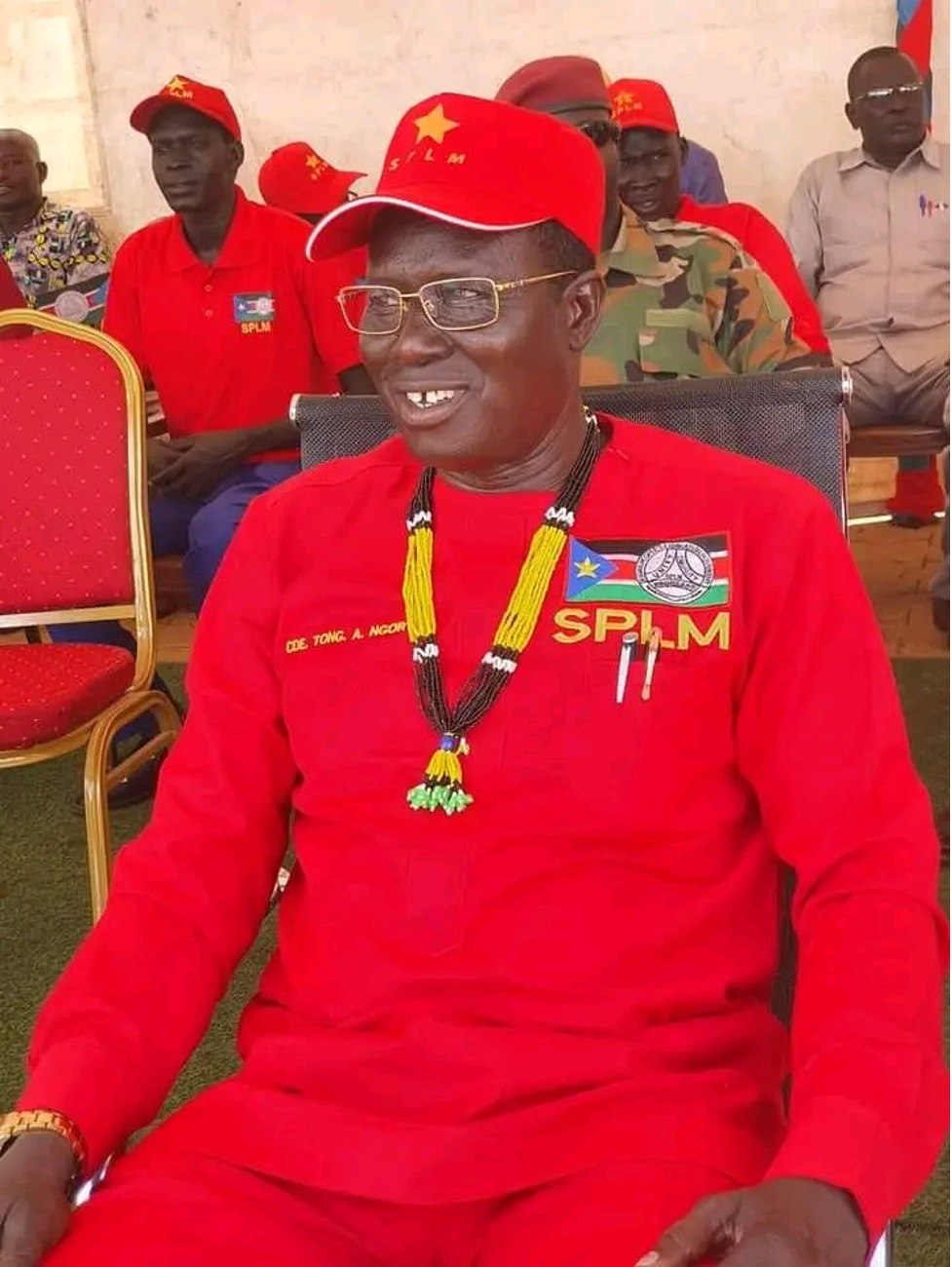
South Sudan peace monitor warns lack of key institutions slowing pact
By Okech Francis
It’s close to two years after the implementation of the peace agreement in South Sudan but key institutions advocated by the pact are yet to be instituted, slowing down a process that must be completed by 2023, the head of a monitor warned.
Commissions and institutions, such as the National Audit Chamber and the Anti-Corruption Commission as per Articles 4.4 and 4.5 of the R-ARCSS at the national level, as envisaged in the Peace Agreement have not yet been created and state legislative assemblies not constituted, the Interim Chairperson of the Revitalised Joint Monitoring Evaluation Commission, Maj. Gen. Charles Tai Gituai said on Thursday in an emailed statement.
“A properly functioning government requires the full cooperation of the three branches of government, the executive, the legislative and the judiciary, at both the national and subnational levels,” Gituai said.
Gituai warned that a critical concern remains on lack of the transitional security arrangements including the unification of forces, their redeployment and the Disarmament, Demobilisation and Reintegration process which is the “backbone of the agreement.”
The peace deal was reached in September 2018 between President Salva Kiir’s administration and opposition groups including that of First Vice President Riek Machar.
Implementation was dragged until February 2020, and started without several pre-transitional tasks unfinished.
The deal aimed at ending crisis which left 400,000 people dead, displaced four million others and led to economic chaos.
At the end of the transitional period, South Sudanese will be expected to choose new leaders through elections.
“I reiterate my concern that we are already behind the agreed timelines and the implementation schedule,” he said.
“According to the timelines of the Agreement, it is 16 months to the end of the Transitional Period. Despite all that has been achieved, a lot remains to be done.”



































